8 Smart Ways To Get Rid Of Leftover Gasoline From Lawn Mowers In Texas
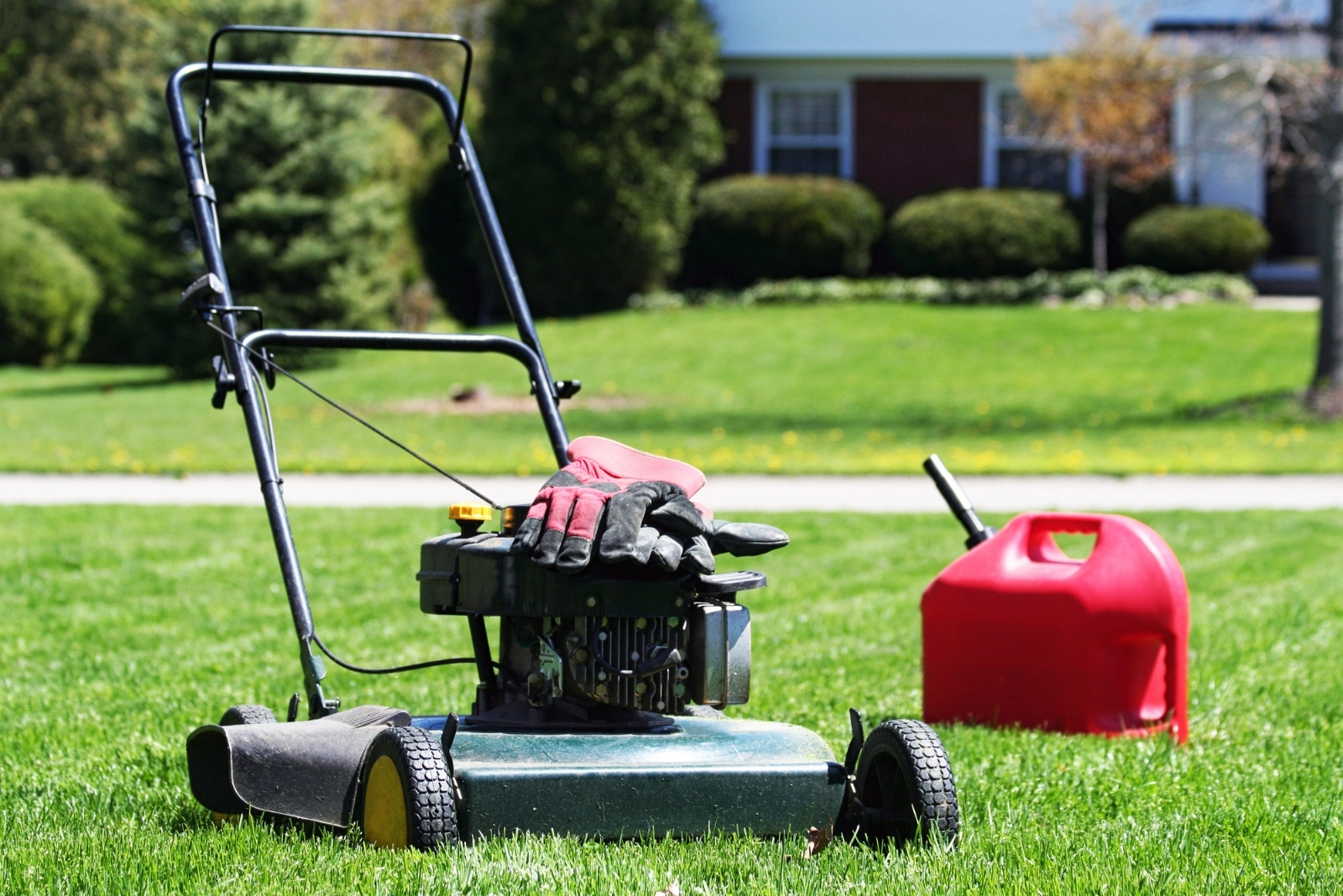
Leftover gasoline from lawn mowers can be a real headache for Texas gardeners. Storing it improperly can be dangerous, and pouring it down drains is never safe.
The good news is there are smart, safe options for disposal. These 8 tips make getting rid of leftover gas easier and safer for your Texas yard.
1. Donate to Local Landscapers
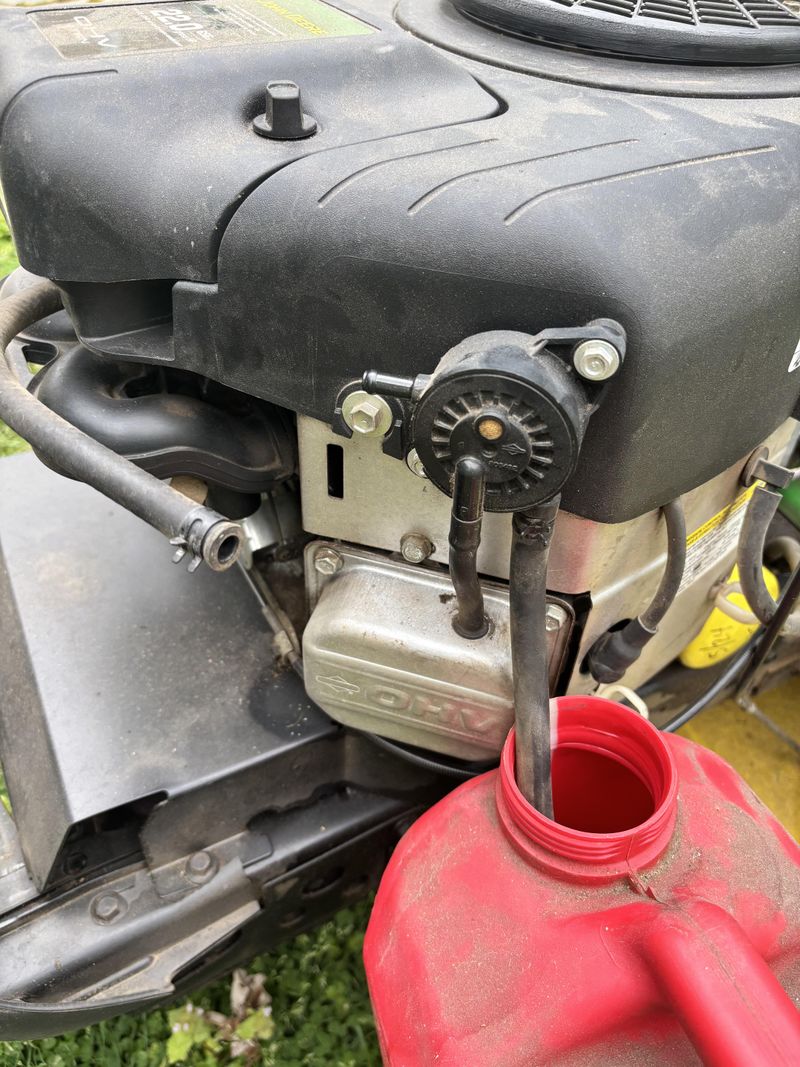
Local lawn care businesses in Texas are always running their equipment and can often use your extra fuel. Many small operations work on tight margins and appreciate the gesture.
Just make sure the gas is fresh and clean before offering it up. Call around to a few companies in your area to see who might be interested in your donation.
2. Transfer to Your Car
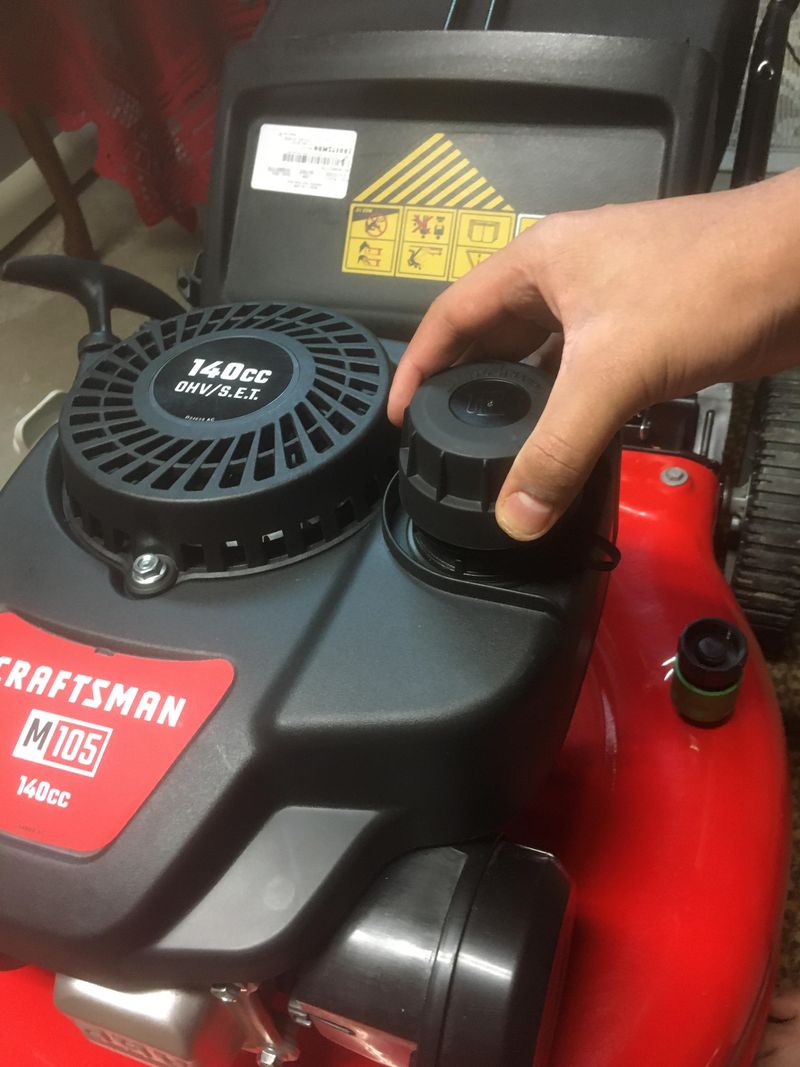
Most modern vehicles can safely run on the same gasoline used in lawn mowers. Simply use a clean funnel and pour the leftover fuel into your car’s tank where it’ll be mixed with a much larger volume of fresh gas.
Even in the Texas heat, this method works well since cars burn through fuel quickly. Just avoid doing this with two-stroke gas-oil mixtures or very old fuel.
3. Community Tool Libraries
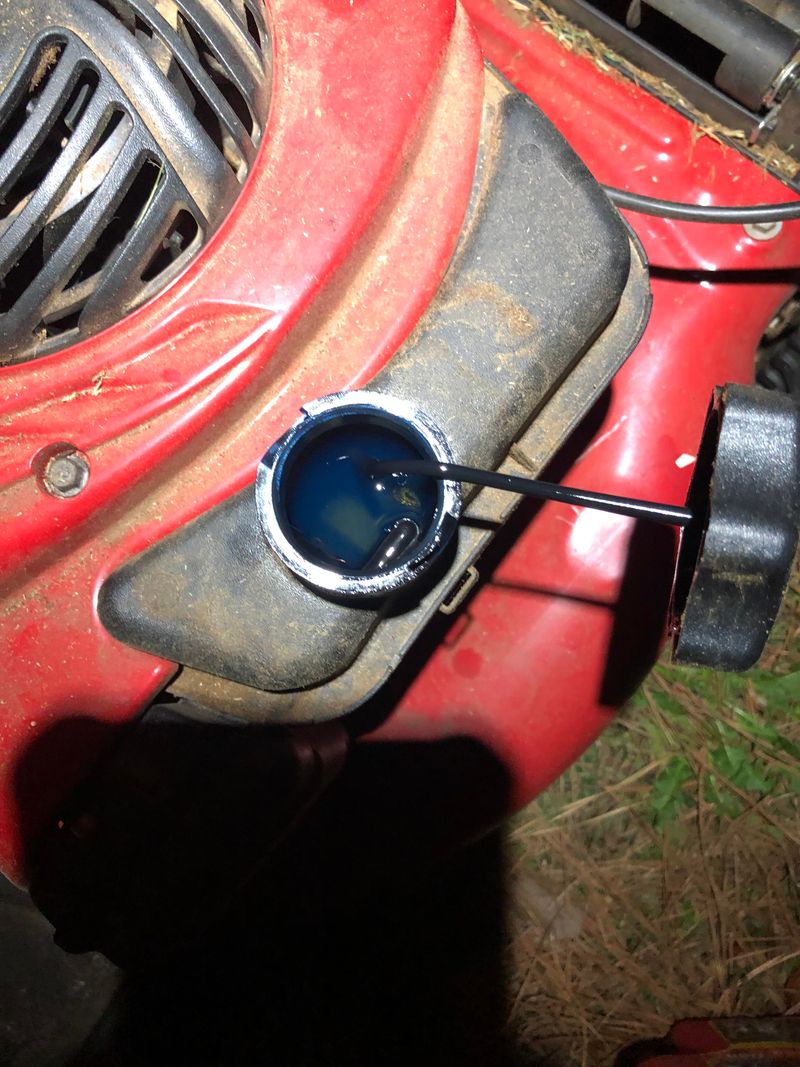
Many Texas communities have tool-sharing programs where members borrow equipment instead of buying their own. These organizations often welcome fuel donations to keep their shared lawn equipment running.
Call your local library or community center to ask if such a program exists near you. They’ll be grateful for your contribution during the busy Texas mowing season.
4. Hazardous Waste Collection Events
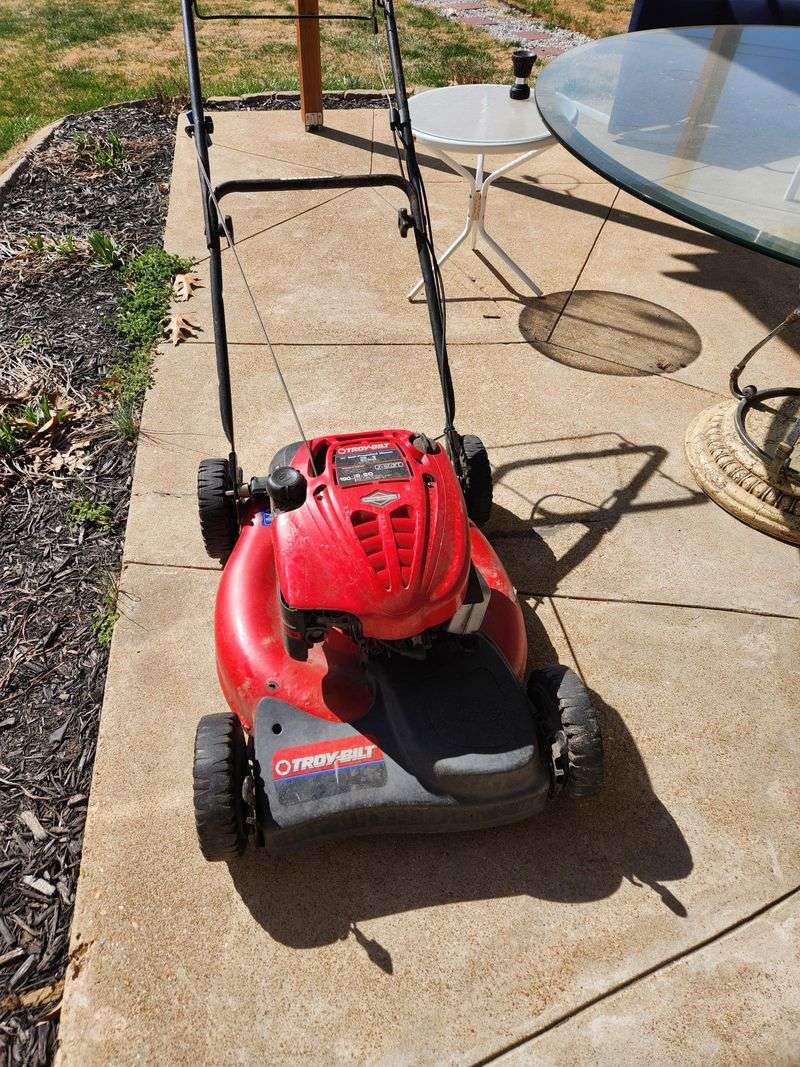
Texas counties regularly host hazardous waste collection days where residents can properly dispose of items like old gasoline. These events ensure fuels are handled safely and don’t contaminate groundwater.
Check your county’s environmental services website for upcoming dates. Most Texas cities offer these services several times throughout the year, especially after peak lawn care season.
5. Use in Pressure Washers
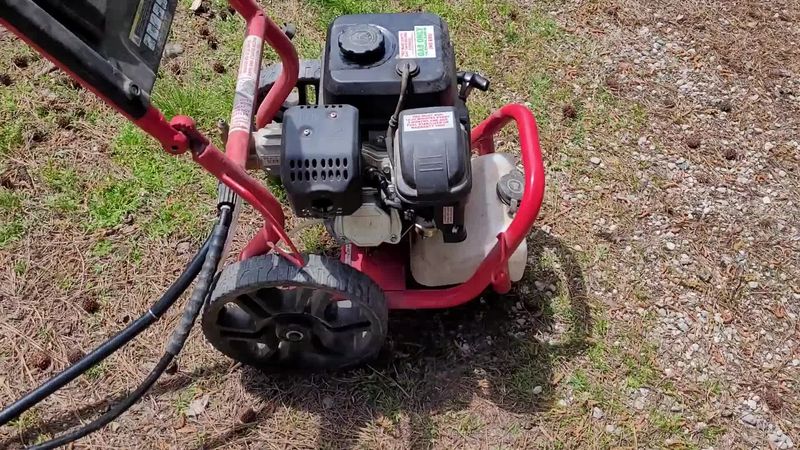
Many gas-powered pressure washers run on the same fuel as lawn mowers. If you’re planning to clean your Texas patio or driveway before winter, use up that leftover gas for this purpose instead of buying new fuel.
Just ensure your pressure washer engine is compatible with the fuel type. This practical solution helps Texans tackle two seasonal tasks with one resource.
6. Fuel Stabilizer Addition
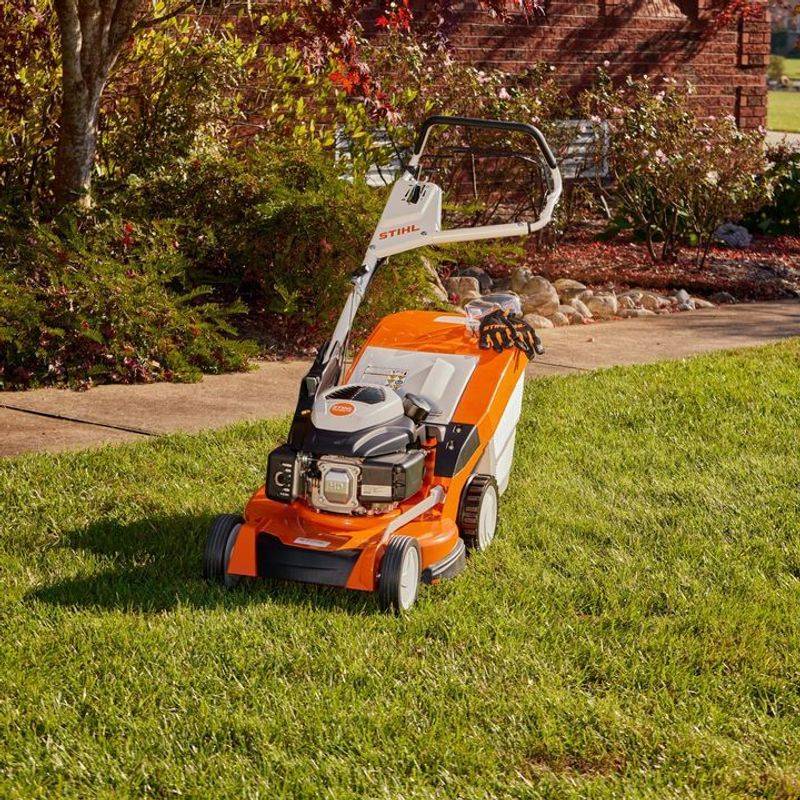
If you’d rather save the gas for next season, add a quality fuel stabilizer before storing it. This prevents the gasoline from breaking down during Texas’s varied climate conditions throughout the year.
Store the treated fuel in a proper container away from heat sources and direct sunlight. Many Texas homeowners find this method helps them avoid waste while keeping the fuel usable for up to 24 months.
7. Generator Fuel Supply
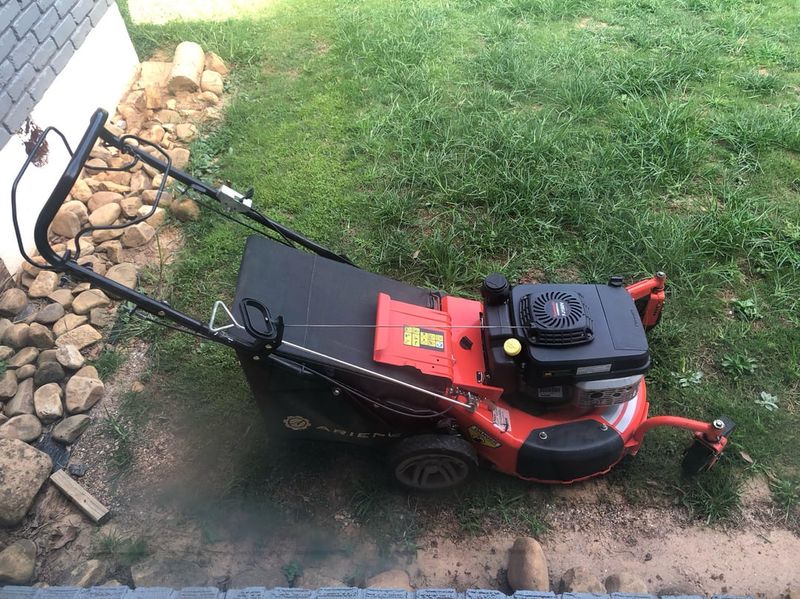
With Texas’s unpredictable weather patterns, having a generator on standby is common practice. Your lawn mower’s leftover gasoline can be perfect for keeping generators ready for power outages.
Many Texans transfer seasonal lawn equipment fuel to their emergency generators. Just make sure the gas hasn’t been sitting too long or been contaminated with oil or debris.
8. Local Auto Repair Shops
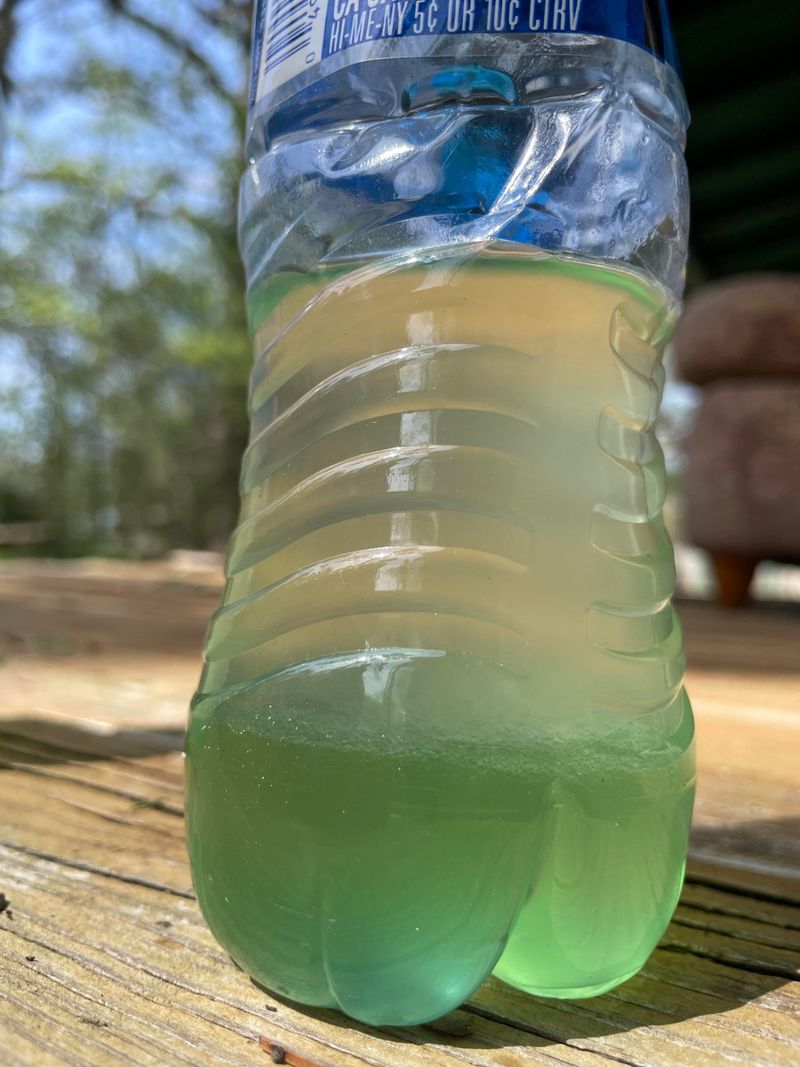
Some Texas auto shops and small engine repair businesses accept clean, unused gasoline that they can use in their shop equipment or testing engines. Call around to find a willing recipient in your area.
Mechanics often appreciate having extra fuel on hand for various tasks. This solution is particularly popular in rural Texas areas where repair shops service both vehicles and agricultural equipment.





